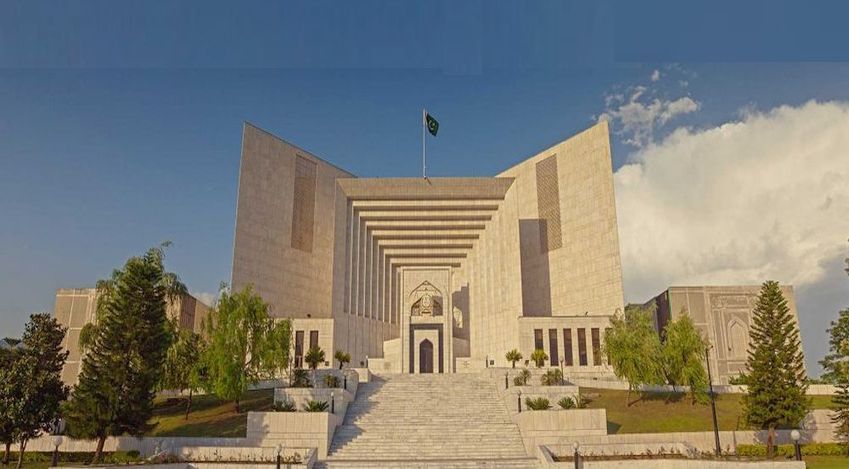Supreme Court of Pakistan Acquits both accused person due to the Absence of Scientific Standards and Potential Audio Distortions
Islamabad 18-03-2025: A three-member bench of the Supreme Court of Pakistan, comprising Mr. Justice Muhammad Hashim Khan Kakar, Mr. Justice Salahuddin Panhwar, and Mr. Justice Ishtiaq Ibrahim, has acquitted two individuals accused, who were previously convicted in a case involving the kidnapping and murder of a minor.
Initially, the Petitioners were sentenced to death under Sections 7(a) and 7(e) of the Anti-Terrorism Act, 1997, based on FIR No. 101 registered at Police Station Sardheri, Charsada, under Section 302 PPC. The High Court subsequently converted the death sentences to life imprisonment but denied them the benefit under Section 382-B Cr.P.C.
The Supreme Court of Pakistan critically analyzed the evidentiary value of voice recognition and retracted confessions presented by the prosecution. Highlighting the unreliability of voice recognition evidence due to the absence of scientific standards and potential audio distortions, the Court emphasized the necessity of forensic corroboration.
Further weakening the prosecution’s case was a retracted confession, uncorroborated by medical or direct evidence, and discovery evidence already known to authorities. Citing fundamental principles of Criminal Justice, including the benefit of reasonable doubt, the Apex Court found the prosecution had not proved its case conclusively.
Consequently, the convictions and sentences were overturned, resulting in immediate acquittal and release orders for the petitioners.
Key Legal Principles Established:
- Reliability of voice recognition evidence must be supported by forensic or expert analysis.
- Retracted confessions without corroborative evidence carry low evidentiary value.
- Benefit of doubt must be given to accused if prosecution evidence is insufficient or unreliable.
The decision reaffirms the Supreme Court of Pakistan commitment to rigorous standards of evidence and due process, particularly in capital punishment cases.
Powered by Froala Editor








